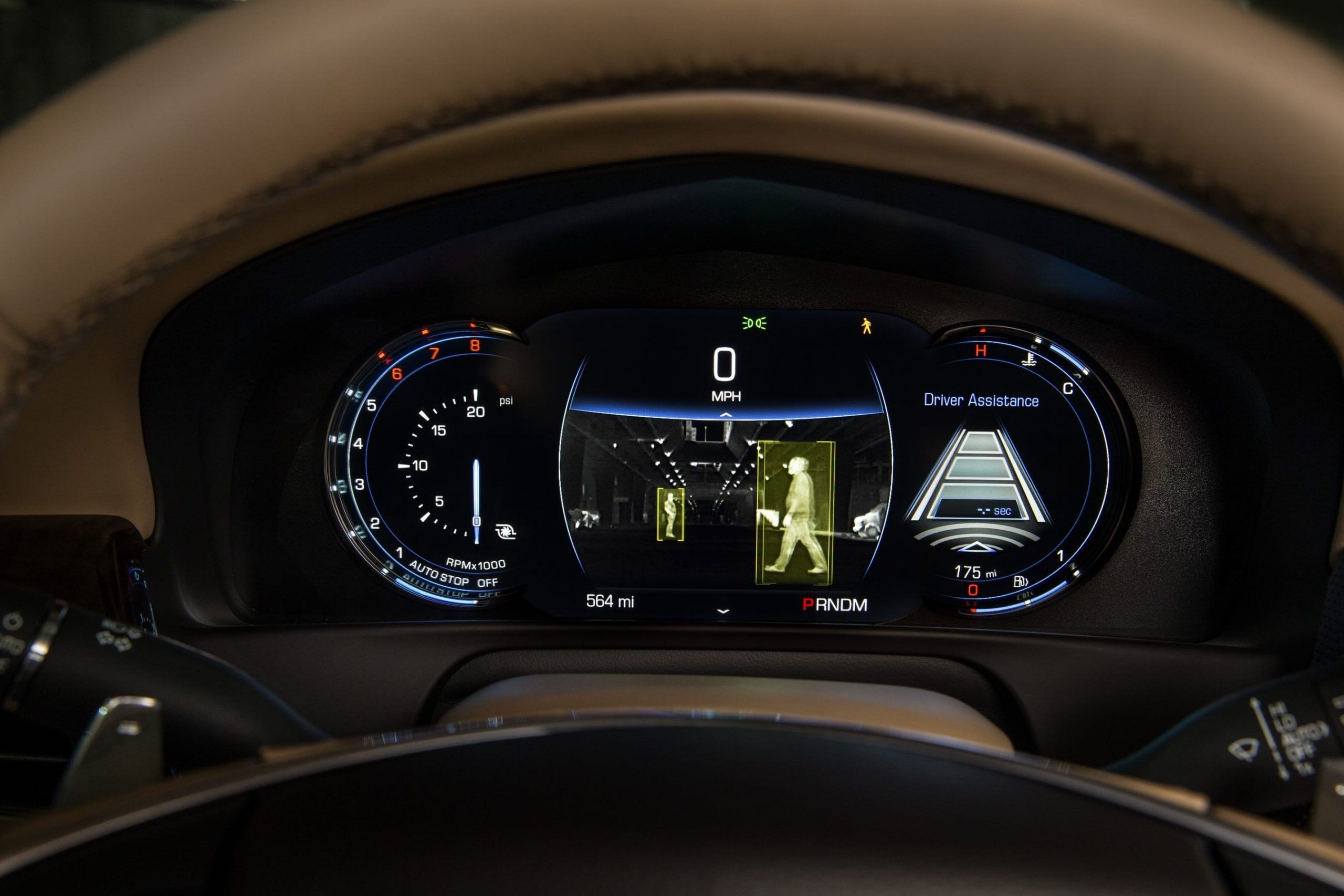Advanced safety technology built into General Motors vehicles can reduce crashes by up to 43 percent according to a study conducted by the Insurance Institute for Highway Safety (IIHS) in the United States.
General Motors is working towards a future of zero crashes, zero emissions, and zero congestions. The results of the IIHS study demonstrate the effectiveness of the steps already taken to achieve this goal. The study found that GM vehicles equipped with automatic braking braking and forward collision warning systems saw a decline of 43 percent in police-reported front-to-rear crashes. The quoted figure is in comparison with that of vehicles not equipped with similar levels of safety tech. Additionally, GM vehicles equipped with the previously mentioned two safety features saw 64 percent lesser front-to-rear crashes with injuries.
The study results also show further evidence that front-crash prevention systems are helping drivers avoid crashes. Vehicles featuring only forward collision warning posted 17 percent lower crash rates for front-to-rear crashes and 30 percent for front-to-rear crashes with injuries. The findings also show that the combination of forward collision warning and automatic braking systems brought down front-to-rear crash rates by 50 percent of all severities and a 56 percent decline for front-to-rear crashes with injuries.
Independent evaluation showed that forward collision warning without automatic braking cut the collision rates by 27 percent and 20 percent respectively. GM's new smart technology serves as the foundation for the next stages in autonomous, connected, and shared vehicle technology. The vehicles under the GM umbrella already feature crash-reducing technology today. Continuous development and implementation of these technologies across the GM lineup will help move the automotive industry towards a future with zero crashes, zero emissions, and zero congestion.
General Motors is one of the leaders in future intelligent mobility, currently pursuing the commercial launch and implementation of Level 4 autonomy for its range of brands and cars. The technology will be made available to consumers on a trial basis in major cities across the United States in 2019.


